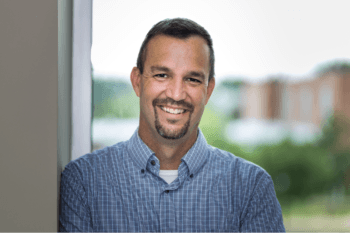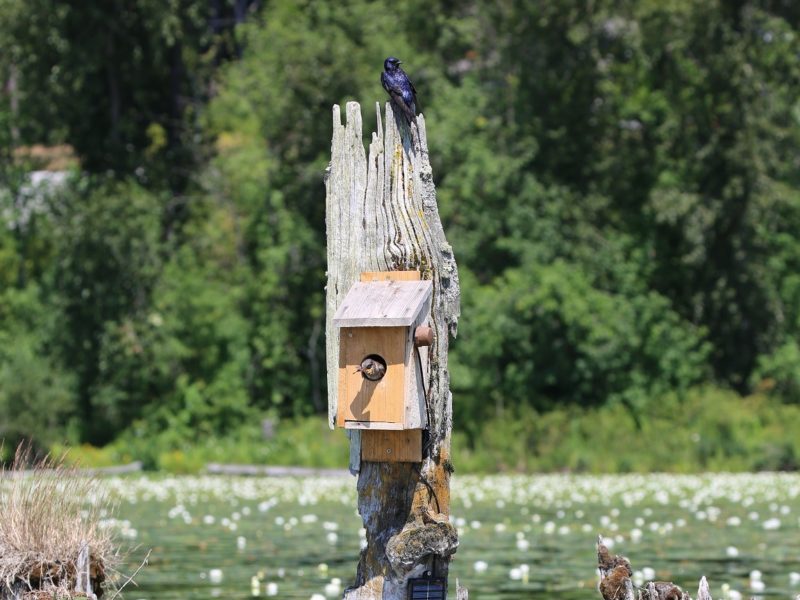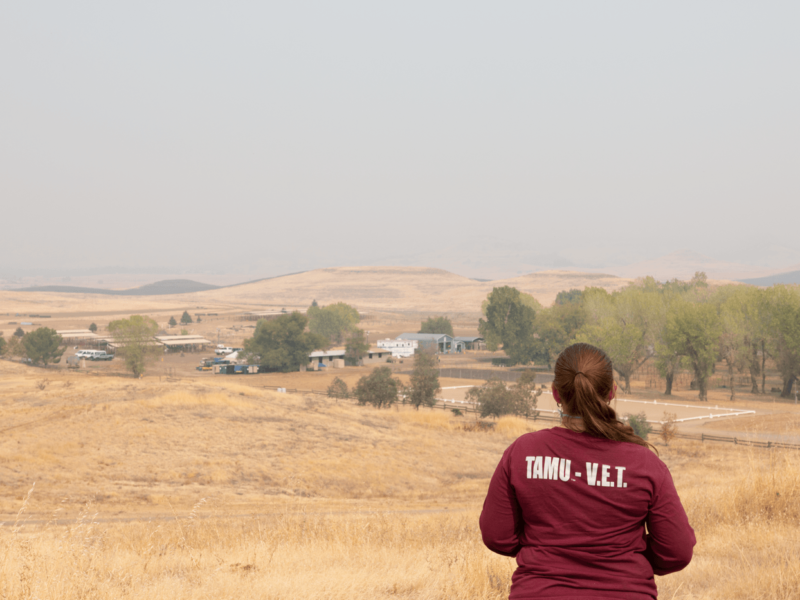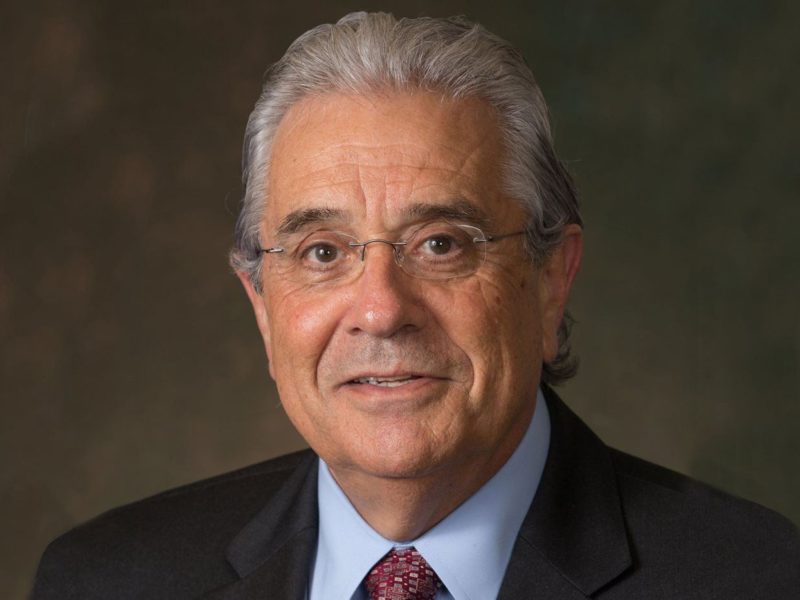Dairy Cattle Specialist Added To Veterinary Education

Dr. Benjamin Newcomer has been hired by the Texas A&M University College of Veterinary Medicine & Biomedical Sciences’ (CVMBS) Veterinary Education, Research, & Outreach (VERO) program as the first – and so far, only – faculty member to specialize in dairy cattle.
It’s a specialty much-needed in Texas. He will be located at the West Texas A&M University campus in Canyon.
Newcomer was raised in Guatemala, and saw the importance of rural agricultural communities and the importance of animal care from an early age. He went on to earn his doctor of veterinary medicine degree from the University of Florida.
“One thing I really like about veterinary medicine is that every day’s different. There’s always something new. It never gets humdrum,” Newcomer said. “My dad was an agriculture teacher, so I had always been exposed to cattle growing up and just loved being outside and loved the people who usually work with cattle.”
Newcomer worked at a large dairy practice in central California practicing dairy production medicine. He spent two years working through the Christian Veterinary Mission to support local farmers in Central Africa before returning stateside to join the faculty of the Auburn University College of Veterinary Medicine.
VERO, a partnership between the CVMBS and West Texas A&M, brings veterinary students to the heart of one of the most productive animal agricultural regions in the world, opening opportunities for students to collaborate in hands-on projects with industry partners and stakeholders both in the region and across the nation.
“We are delighted to welcome Dr. Newcomer to the College of Veterinary Medicine & Biomedical Sciences and VERO faculty. He brings to our program an exciting combination of dairy practice experience and teaching skills that will allow VERO to continue providing first-class, hands-on education to our students,” said Dr. Susan Eades, head of the CVMBS’ Large Animal Clinical Sciences Department. “His experience in working in the industry will also help the program continue in its mission of strengthening community relations and the veterinary field.”
Newcomer’s affinity for dairy production medicine meshes well with the goals of VERO, which serves the Texas Panhandle region by training highly qualified veterinary students with the rural animal medicine skills required to meet the region’s needs.
“Dr. Newcomer’s skills reach almost two decades of experience in multiple states and countries,” said Dee Griffin, director of the VERO program. “He is perhaps the most academically prepared clinical dairy management professor in the U.S.
The extremely large dairies we have in the Texas Panhandle and High Plains are extremely sophisticated. Dr. Newcomer is one of the few veterinarians in the U.S. we could have recruited who is capable of navigating the level of expertise required to work with dairies of this magnitude and be able to develop a dairy clinical veterinary and management program for our CVMBS students.”
Newcomer believes that the history and tradition of Texas A&M’s veterinary program is unrivaled.
“We’re known for producing quality veterinary graduates,” Newcomer said. “The VERO program, in particular, is geographically situated in a growing area with lots of cattle where students can get hands-on experience, and that made this position really attractive to me as an educator.”
The work of VERO and its supporting veterinarians, like Newcomer, is vitally important to supporting the stability of the nation’s food supply. The Texas Panhandle is home to the third-largest milk producing area in the nation, in addition to roughly 13 million head of cattle – more than any other state. The Texas Department of Agriculture values this industry at $12.3 billion.
“Ensuring we have a safe and sustainable food source is important and it’s something that we sometimes take for granted,” Newcomer said. “There’s a lack of exposure if you haven’t grown up around agriculture and you just assume our food’s going to be there.
“Over the past 10 years, the Texas Panhandle has become one of the major dairy areas, and there are lots of producers and veterinarians who would love to have students come by and get involved,” he said. “VERO’s nicely situated where we can make those relationships and get those students out for those experiences.”
Media contacts:
- Jennifer Gauntt, 979-862-4216, jgauntt@cvm.tamu.edu
- Chip Chandler, 806-651-2124, cchandler@wtamu.edu





